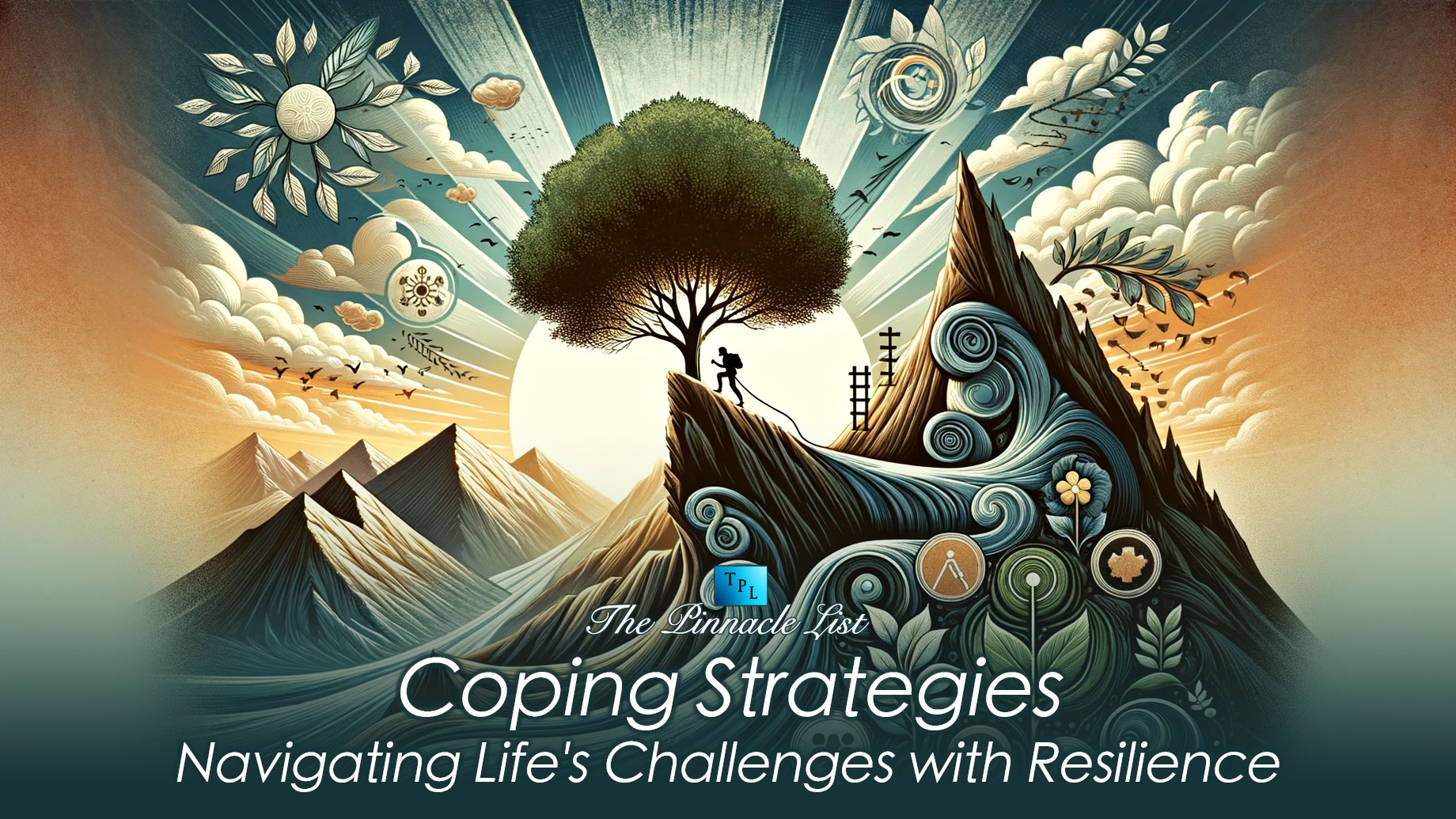
Life is a journey filled with twists, turns, and unexpected challenges. Navigating these hurdles requires more than mere survival – it demands resilience. This article explores the concept of resilience and provides a comprehensive guide to coping strategies that empower individuals to weather life’s storms with strength and adaptability.
1. Understanding Resilience
Defining Resilience:
Resilience is more than just bouncing back from adversity; it’s the ability to adapt, grow, and thrive in the face of challenges. Understanding resilience involves recognizing that setbacks are a natural part of life and that one’s response to them can shape personal growth.
The Resilience Spectrum:
Resilience exists on a spectrum, with some individuals naturally possessing a higher resilience quotient. However, it’s a skill that can be cultivated and strengthened through intentional practices and coping strategies.
2. Building a Resilient Mindset
Positive Self-Talk:
Cultivating a resilient mindset starts with positive self-talk. Acknowledge challenges without self-blame, and consciously replace negative thoughts with affirmations emphasizing personal strengths and capabilities.
Acceptance of Change:
Resilience is closely tied to the acceptance of change. Embracing the inevitability of change fosters adaptability, allowing individuals to navigate life’s transitions more easily.
3. Embracing Social Support
Building Strong Connections:
Social solid connections often reinforce resilience. Building a supportive network of friends, family, and community fosters a sense of belonging and provides a safety net during challenging times.
Seeking Professional Help:
Resilience doesn’t mean facing challenges alone. Seeking professional help, such as therapy or counseling, is a proactive step toward developing coping strategies and building resilience in the face of more complex issues.
4. Developing Coping Strategies
Mindfulness and Meditation:
Mindfulness practices, including meditation, offer powerful coping strategies. By staying present in the moment, individuals can reduce stress and anxiety, fostering a resilient response to challenges.
Healthy Lifestyle Habits:
Physical health is intricately linked to mental resilience. Prioritizing healthy lifestyle habits, including regular exercise, balanced nutrition, and adequate sleep, provides a solid foundation for coping with life’s challenges.
5. Learning from Adversity
Adopting a Growth Mindset:
Resilience involves adopting a growth mindset and viewing challenges as learning and personal development opportunities. This mindset shift empowers individuals to extract valuable lessons from adversity.
Cultivating Emotional Intelligence:
Understanding and managing emotions is a crucial aspect of resilience. Cultivating emotional intelligence allows individuals to navigate complex feelings, respond effectively to stressors, and maintain emotional well-being.
6. Setting Realistic Goals
Break Down Larger Goals:
Resilience is often strengthened by setting realistic, achievable goals. Breaking down larger objectives into smaller, manageable tasks helps individuals build a sense of accomplishment and progress.
Flexibility in Goal Setting:
Flexibility is a crucial component of resilience. While goals provide direction, being open to adjusting them in response to changing circumstances ensures adaptability and reduces the impact of unexpected setbacks.
7. Cultivating Gratitude
Practicing Gratitude:
Gratitude is a powerful coping strategy that enhances resilience. Regularly practicing gratitude, whether through journaling or verbal expressions, fosters a positive outlook and reinforces the ability to find joy amid challenges.
Focusing on Silver Linings:
Resilience involves focusing on silver linings – the positive aspects that may emerge from adversity. This perspective shift enables individuals to see challenges as opportunities for personal and emotional growth.
Conclusion
In the tapestry of life, resilience is the thread that binds strength, adaptability, and growth. By understanding resilience as a dynamic skill that can be nurtured, individuals can proactively cultivate coping strategies to navigate life’s challenges. From developing a resilient mindset and embracing social support to learning from adversity and practicing gratitude, the journey towards greater resilience is a transformative odyssey that empowers individuals to endure and thrive in the face of life’s uncertainties.